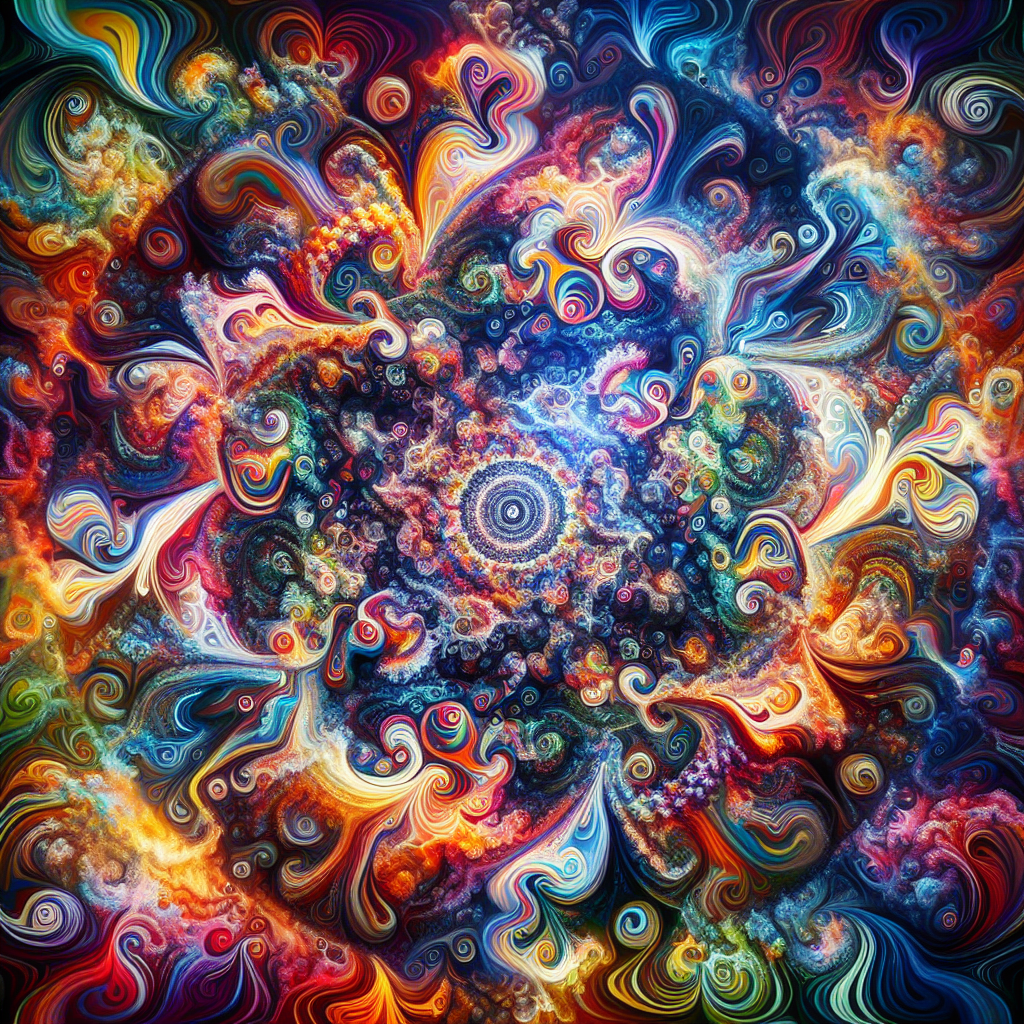The Psychedelic Paradox: Balancing Hype with Science
The author explores the initial excitement and subsequent skepticism regarding psychedelic therapy. They discuss the limitations in existing empirical evidence and stress the importance of cautious evaluation. Despite the current challenges in understanding psychedelics' therapeutic mechanisms, ongoing research at Leiden University continues to investigate their potential.

- Country:
- Netherlands
Leiden University, Netherlands — Since childhood, I've been fascinated by altered states of consciousness like out-of-body experiences and paranormal phenomena. My academic journey in psychology and neuroscience led me to delve into these mysteries. When psychedelic science emerged, it ignited my curiosity.
At Leiden University, I founded the PRSM lab, assembling a team to study psychedelic, religious, spiritual, and mystical experiences. Initially, psychedelics appeared transformative, showing potential in mental and physical well-being. Media coverage, particularly through Michael Pollan's work, amplified this enthusiasm.
However, closer examination reveals skepticism due to unclear empirical evidence. Notably, the 'breaking blind problem' complicates clinical trials, with placebo and nocebo effects distorting outcomes. Non-clinical research faces additional challenges with the 'entropic brain hypothesis' failing replication. More rigorous research is essential to validate psychedelics' therapeutic potential.
(This story has not been edited by Devdiscourse staff and is auto-generated from a syndicated feed.)










